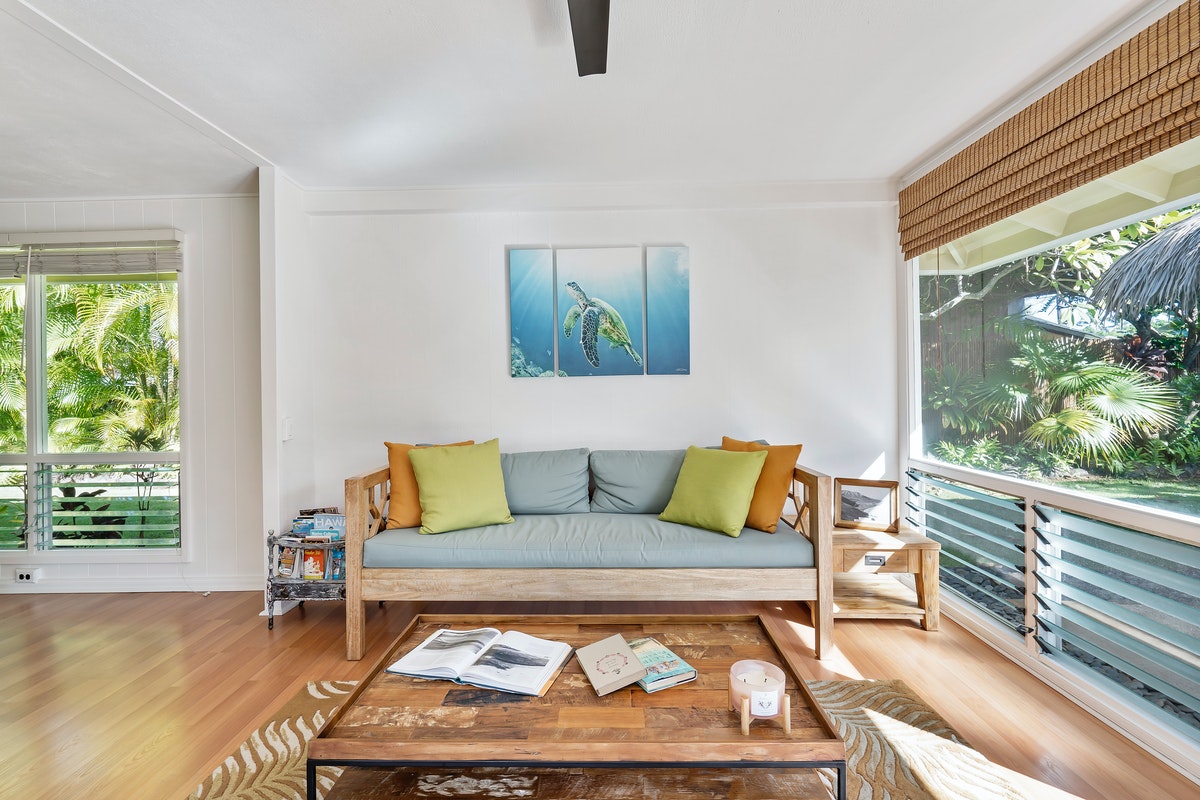5 Tips for Renting Your House as a Vacation Rental
Share

1. Insurance Coverage
It is important before putting your home on the rental market to make sure you are adequately protected in the case of damage or injury. If you’re only renting your property a couple times a year, you may be able to get a rider on your regular homeowner’s insurance that will cover you, but generally a standard homeowner’s policy won’t cover income properties. You’ll need to instead purchase landlord insurance with special vacation rental coverage. Make sure it has sufficient liability coverage, as well as structural and contents coverage. Pinching pennies here may cost you dearly later.
2. Do Your Research
Investigate the rental market in your area to price your home accurately. A short term vacation rental should be priced higher than longterm rentals, particularly because you’ll want to include the cost of utilities. If in doubt, ask an experienced real estate agent to come and do a walk through. Keep in mind that the price that is appropriate in the summer season may not be the same as in the winter season, as high season varies based on location.
3. Beauty Shots Are Worth The Cost
Invest in professional photos. Your home will rent quicker and more often if high quality, well lit photos are used to advertise it. This is why design companies spend so much money on advertising – it truly does pay for itself. No matter how spacious and inviting your home is, if all the photos are taken on a cell phone from various doorways, renters will have a harder time imagining it as their dream vacation getaway.
4. Depersonalize The Home
Since guests are coming to make their own vacation memories, it’s a good idea to spend some time removing some of your more personal items and pictures. While art and other decorations can brighten a home and add value, too many personal photos or clutter can be distracting to guests. Likewise, if you have family heirlooms or items of particular value that you don’t want to risk damaging, it may be worth putting them in storage, or at least designating one locked closet for them.
5. Keep Receipts
Renting a vacation home is a business, and the income therefore has to be declared to the IRS. It’s important to track any expenses carefully, as they can be used to offset profit come tax time. Home maintenance, advertising costs, insurance costs, even depreciation can all be written off – a good tax attorney will ensure that you keep as much of this extra profit as possible, while still staying on the right side of the law.
With a little extra organization and a few phone calls, your empty vacation home can become a source of profit. While it isn’t difficult, it does take a little bit of research and preparation to get to that point. Seeing that money hit your bank account will make any extra work well worth the effort.
























